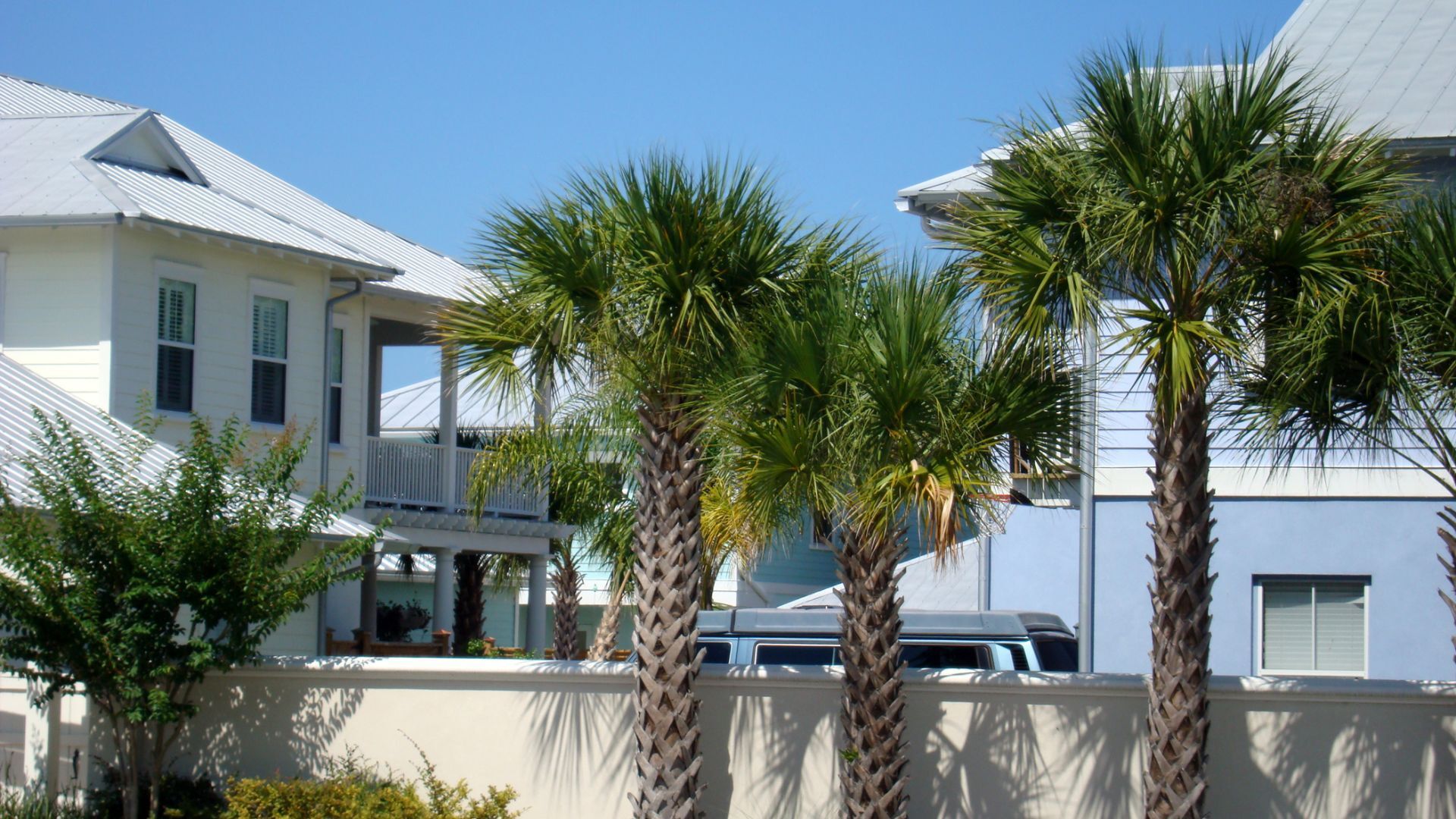Call (727) 784-5555
The closing of Sprout Mortgage may be a cannery in the coal mine or a story of a Non-QM lender that took on too much. To better understand what this means as a signal, you want to pay attention to a few things.
- Did the company try to sell in bulk to a security and maybe could not get the pricing they needed?
- Were they losing share to QM lenders who can do better underwriting and pricing which makes them more competitive?
- Was the company undercapitalized or had poor assets?
- Were they over-leveraged in some way and got into trouble when interest rates went up again after being at historic lows for years?
We don't know the answers to these questions yet, but we do know this closing is significant because of what we experienced in 2008. Securities, lender competition, undercapitalized lenders, and over-leveraged companies were just a few things that led to the 2008 collapse; however, 2022 is different.
The demand in the housing market is coming from more homebuyers and fewer investors than it did in 2008 according to Investorplace. The subprime market is not as big, and the regulations put in place after 2008 have made it more difficult for people to overextend themselves when buying a home.
The housing market in 2022 is also much more stable than it was in 2008. In fact, it's entirely possible that prices will stabilize and continue to rise slightly unlike in 2008 when there was a sharp decline that incentivized homeowners to walk away from their mortgages. Unfortunately, we don't have a crystal ball, so this is all yet to be seen.
One thing we can expect going forward is potentially tighter credit standards for Non-QM loans as well as higher interest rates which will make it tougher for anyone who wants to buy investment properties (not only non-QM).
The lesson to be learned from this is you need a mortgage broker! Mortgage brokers can help navigate any lending problems and have access to multiple lenders, multiple products, and lots of options to ensure you get the best terms at the best rate.
If you would like to speak to a Mortgage advisor, give us a call
(727) 784-5555. Or use our form below to ask a question.
Have A Question?
Use the form below and we will give your our expert answers!
Non QM Ask A Question
We will get back to you as soon as possible.
Please try again later.
Start Your Loan
with DDA todayYour local Mortgage Broker
Mortgage Broker Largo See our Reviews
Looking for more details? Listen to our extended podcast!
Check out our other helpful videos to learn more about credit and residential mortgages.





